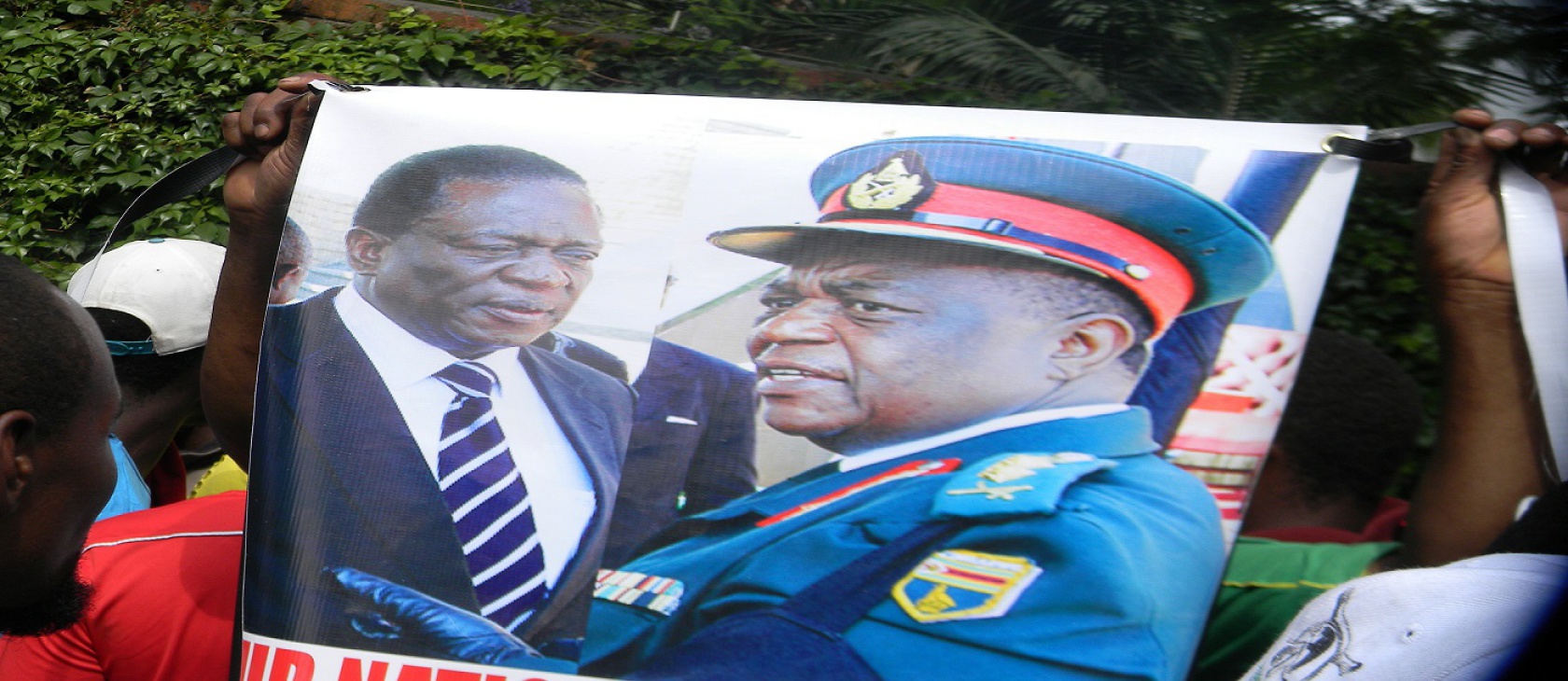The European Union has pledged to assist the new administration in Zimbabwe by reintegrating into the global economy and mending the nation’s strained ties with the international community. It also promised to work with the country in its efforts towards fiscal solvency. This timely support is vital for Zimbabwe’s new president, Emmerson Mnangagwa, whose economic recovery plan has not a moment to waste.
The EU’s promises reiterate the good news that the world is ready to take Zimbabwe seriously again. However, the centrality of the EU to this process makes it a decisive player in the success of Zimbabwe. As such, it needs to consider the consequences of every policy and agreement it enters with the nation. Here are the crucial issues it should comprehensively evaluate in dealing with Zimbabwe.
Press the need for non-economic reforms
The foremost consideration for the EU now should be how it can effectively use its status to influence positive social and legal changes in Zimbabwe. For instance, one of former president Robert Mugabe’s fatal moves was the appalling “fast-track” land reform enacted in 2001. The forceful acquisition of farmland from more than 4,500 white Zimbabweans and foreigners was followed by the redistribution of that illegally seized property to black Zimbabweans. This government seizure partially crumbled the economy, since agriculture was the primary source of tax revenue. The EU can influence a positive change by encouraging Mnangagwa to restructure the reeling agricultural sector to allow for fair domestic ownership regardless of race. This will not only protect everyone’s right to private property but consequently increase agricultural productivity.
Of course, this does not mean direct involvement in the country’s internal affairs but exerting continual pressure for the government to implement promised reforms if it wishes to enjoy the EU’s good favor. This is doubly important, since Mnangagwa – who is likely to remain president after the 2018 elections – was Mugabe’s faithful lieutenant for 37 years and was implicated in many of the regime’s evils. Brussels should demand positive actions, not promises. This is not optional, since no rebuilding process can survive if the government is corrupt or tyrannical.
Will a new line of credit work?
Among President Mnangagwa’s key requests of the international community are more loans, which he argues will help the country invest in important sectors like mining and agriculture. However, Zimbabwe already owes some $11 billion – about 53 percent of its GDP – to the IMF, the World Bank, and the African Development Bank. If the country cannot pay its outstanding debt, it is unlikely they would be willing to sanction additional lines of credit. This might prompt the government to seek help from Brussels, which seems willing to lend, provided Zimbabwe implements the 2015 Lima Plan – a debt repayment strategy the Mugabe administration refused to enact.
What better way is there to help Zimbabweans enjoy their God-given right to life and the pursuit of happiness than helping them transition to a system that upholds individual freedoms backed by pro-market reforms?
The best thing for Zimbabwe is to explore alternative means of generating revenue instead of begging for loans – and the EU should make Mnangagwa, or his successor, realize this. Zimbabwe can start by privatizing many of its comatose economic sub-sectors and fight corruption to its barest minimum. It should also pursue proper documentation of its export earnings and create a competitive investment corridor by reviewing its business laws.
Avoid unhealthy structural adjustments
The EU should avoid repeating the mistakes of the IMF and the World Bank in many African countries by compelling Zimbabwe to make economic adjustments that may not be in the country’s best interests. The late 1990s saw the compulsory implementation of Structural Adjustment Programs (SAPs) among African recipients of IMF and World Bank loans. But the SAPs disregarded local economic dynamics and subsequently failed.
The EU is showing signs it might move in this direction. In February, European Commission Vice President Federica Mogherini told European Parliament that Zimbabwe needs structural change. She urged the country to work closely with the IMF and World Bank to adopt a measures designed to stabilise the economy and guarantee basic social services. This is risky, as the last thing Zimbabwe needs at this point is to become the victim of another IMF/World Bank economic bust. Actually, Mugabe’s disastrous experiment with collectivism underscores the need for a liberalized approach to wealth creation.
In one of his strategies for development shortly after assuming leadership of an independent Zimbabwe in 1980, Mugabe spent excessively on “free” healthcare and education. Unfortunately, he could not sustain the robust schemes through state funds alone and resorted to borrowing. This became a reason that the once-blooming Zimbabwean economy turned into a debt-ridden, socialist failure.
Alternatively, if the EU seriously wishes for a rapid and sustainable development in Zimbabwe, it should encourage the new administration to pursue a less statist agenda. It should create a better environment for private businesses, starting by reducing the regulatory burden that hinders business formation and trade.
Zimbabweans have endured unfathomable hardships in all facets of life under Robert Mugabe. What better way is there to help them enjoy their God-given right to life and the pursuit of happiness than helping them transition to a system that upholds individual freedoms backed by pro-market reforms? To that end, the EU should encourage the government to uphold property rights and commit to financial transparency.
Zimbabwe is on an historic path to reclaim its place in the global economy after decades as an economic basket case. The EU’s role in this transition will prove defining. How it will be remembered – for encouraging the success or failure of this new Zimbabwe – absolutely depends on the choices it makes now.




